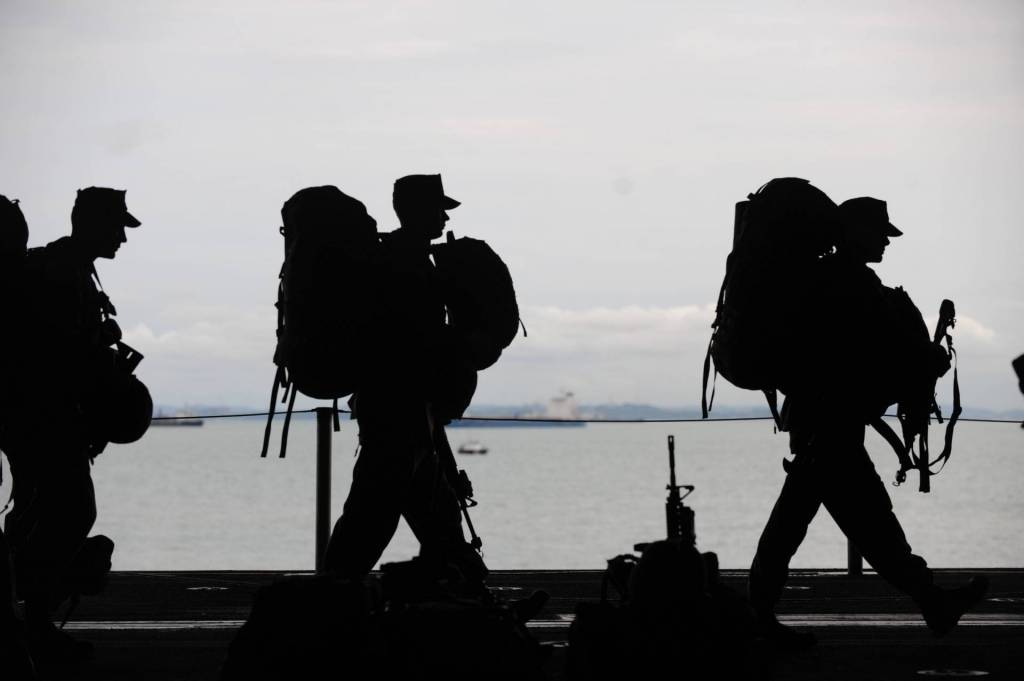
Which would be more anxiety producing: having a son driving a Humvee for the army in Afghanistan or testing positive for the coronavirus? On today’s Facebook Live discussion, my daughter, Dr. Heidi Horsey, and I discuss her thoughts on her son’s deployment and her recent struggle with COVID-19.
The Similarities
Although Heidi seems more differences between being a military parent and struggling with COVID-19, but there is a similar sense of anxiety and fear as well as the need for peer support. The support may be different in terms of physical contact and connection with other military parents while COVID-19 support is virtual. In both cases, it’s this support that can overcome the fear and anxiety.
The Differences
When Heidi’s son was in Afghanistan, she worried about him but also kept busy. She had the support of organizations like TAPS and military parent support groups. In staying busy, Heidi didn’t spend as much time thinking about her son’s risks in Afghanistan like the solitude and time she has had while recovering from COVID-19.
Also, contracting the Coronavirus also made her feel shame and guilt. Many with the same virus have felt the same, experiencing bouts of depression. As a military parent, she only felt pride. But, in dealing with this horrible virus, Heidi has constantly worried who she might have infected. Then, having to isolate from family for a few weeks and not have any physical contact at first made it seem worse. Yet, Heidi started to get so much virtual support and assistance from everyone. Even her son’s National Guard unit checked in daily to see if she or the family needed anything.
How to Cope with COVID-19
Whether you contract the virus like Heidi did or you are stuck inside as part of the shelter in place, it’s important to focus on those things that can help get you through. Heidi started to create a routine to spend everyday that added structure and purpose. That meant making her bed, walking with a FitBit or taking an online yoga class, and talking and texting with friends and family on virtual channels.
Stay updated with what’s going on but don’t spend too much time consuming media information. This can lead you to get quickly overwhelmed by the startling numbers of sick and dead. Step away and focus on self-care like showering, spending time with family, and staying in the present.
Handling Loss On Top of the Virus
The virus has made it difficult by bringing up past grief as well as making it difficult to deal with any current grief you experience. Many people have lost loved ones to COVID-19 as well as to other conditions. However, they haven’t been able to reconcile that grief with even a funeral.
In these cases, you need to reach out to other people who have grieved or who are grieving now. That support is essential to validate your feelings and help with healing after loss.
If your grief leads to more anxiety about the possibility of dying from this virus, Heidi emphasizes that it’s important to focus on the very low likelihood that you will die from it. In fact, all those statistics also show how many people have recovered as well as highlight the fact that there is a very small percentage that actually die from it. Meditate to help stay calm, look at nature, and spiritually connect with as many people as possible.
Thank You
We are all thankful for those on the frontline, including healthcare workers, police and fire fighters, and our military. We know everyone is working hard to win this battle. There is not enough gratitude that we can show for everyone helping, including all those that help New York City light up each night to show appreciation for those on the front lines.
Tags: COVID-19 fear, dealing with COVID-19, military parent, military parent grief